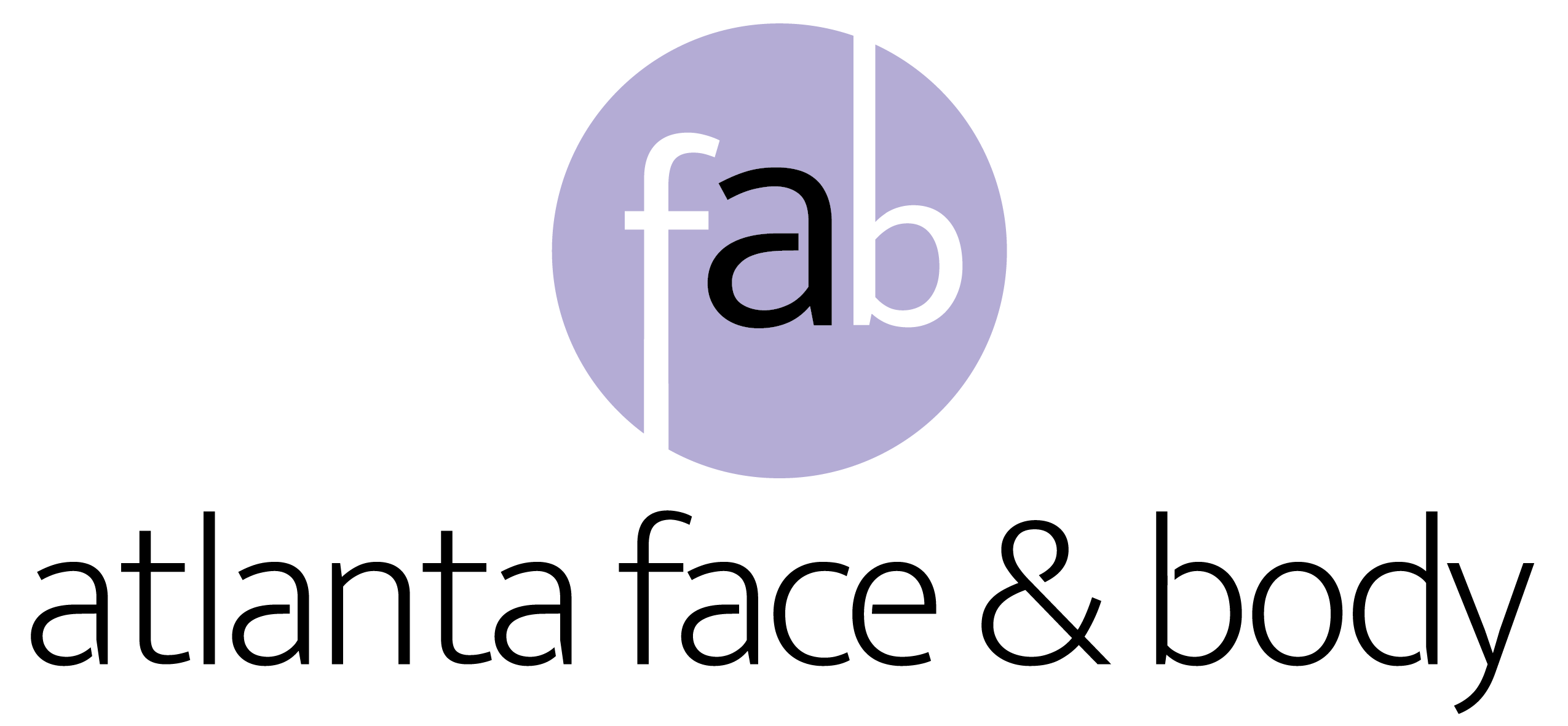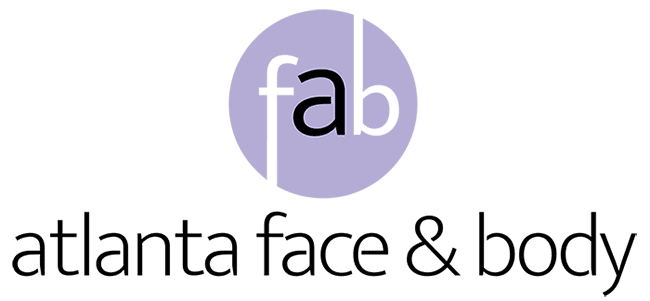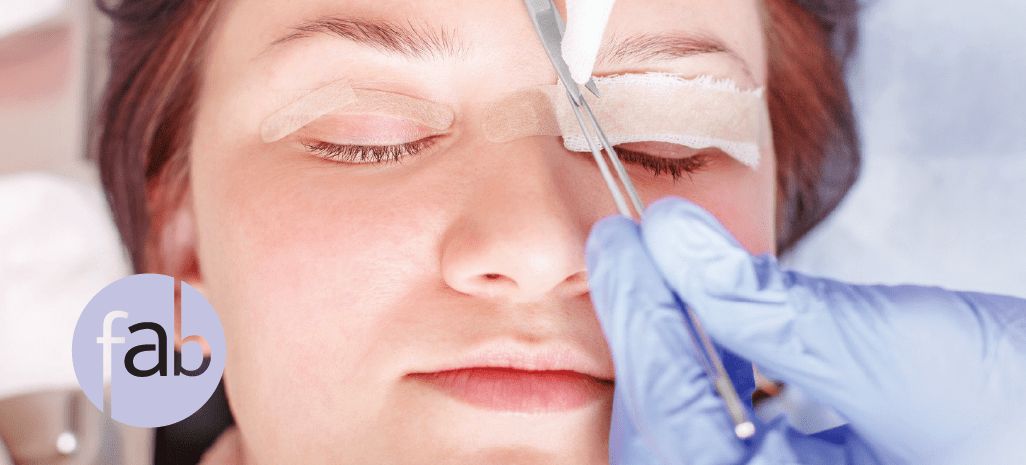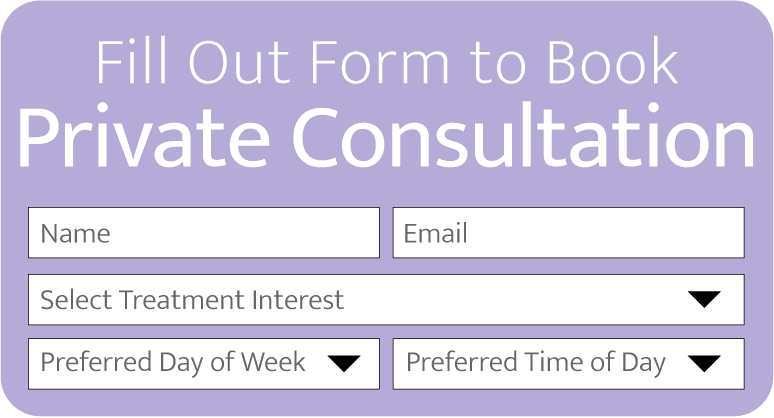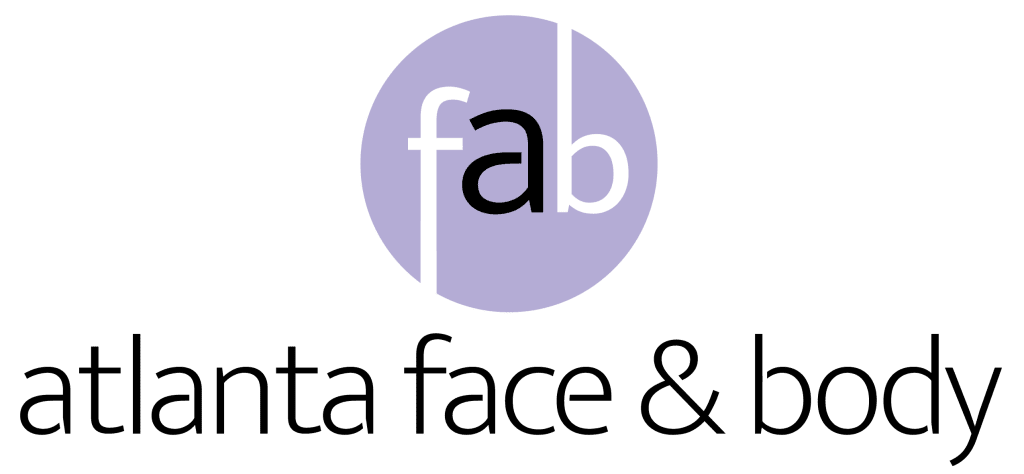Depending on the type of plastic surgery you undergo, resuming normal activities could take anywhere from one week to four weeks or more. Plastic surgery recovery takes time.
However, there are things you can do to help with the healing process. In fact, not doing some of these things could slow your healing down.
Keep reading for surgery recovery tips to help reduce your plastic surgery recovery time.
Follow Your Doctor’s Instructions
One of the most important steps in ensuring a successful plastic surgery recovery is closely following your doctor’s instructions. Your surgeon knows best.
They will provide you with specific guidelines tailored to your procedure and individual needs. These instructions may include post-operative care, medication schedules, and restrictions on physical activities.
It is crucial to adhere to these guidelines as they are designed to promote proper healing and reduce the risk of complications. Your doctor’s instructions may involve the following:
- Wearing compression garments
- Taking prescribed medications on time
- Avoiding certain types of movements or exercises during the initial stages of recovery
- Properly caring for any surgical drains or dressings
If you carefully follow your doctor’s advice, you can increase your chances of recovering quickly. Keep in mind that everyone’s situation is different, so don’t compare yourself to others who had similar procedures.
Trust in your surgeon’s expertise and trust the process. It will lead you toward a successful outcome!
Prepare Your Support System
Preparing your support system is crucial for a smooth plastic surgery recovery. Before undergoing any procedure, it’s important to have friends or family members who can assist you. They can provide the following:
- Rides to and from surgery
- Rides to appointments
- Emotional support
- Help with daily tasks
- Ensuring you follow your doctor’s instructions
Inform your loved ones about your upcoming surgery and discuss their availability to help you afterward. Make sure they understand what will be expected of them. This could include assisting with household chores and meal preparation.
Consider enlisting the help of a professional caregiver if necessary. This can be especially helpful if you live alone or don’t have close family nearby. A caregiver can provide round-the-clock help during the initial days of recovery when mobility may be limited.
Build a network of friends who have undergone similar procedures. Join online support groups where you can connect with others going through similar experiences. People who have been through similar experiences can share stories and tips to offer support and motivation.
Plan for Time Off Work
It’s important to give yourself ample time to rest, heal, and regain your strength before returning to your normal daily routine. Consult with your surgeon about the recommended downtime for your specific procedure.
Each surgery has its own unique healing timeline. It’s crucial to follow their advice closely. This will help prevent any complications or setbacks during the recovery process.
Next, communicate with your employer or supervisor well in advance about your upcoming surgery. Make sure they know the estimated timeframe you’ll need off from work.
Providing them with sufficient notice allows them to make arrangements. It also ensures that you won’t feel rushed or pressured to return too soon.
Relaxation and Self-Occupation
After plastic surgery, it’s crucial to prioritize relaxation and find ways to occupy your mind during the recovery process. This will not only help with physical healing but also promote mental well-being.
Create a calm and peaceful environment in your home. Surround yourself with soothing music, soft lighting, and comfortable pillows.
Take this opportunity to indulge in activities that bring you joy and relaxation. Some activities to consider include the following:
- Reading books or magazines
- Listening to audiobooks or podcasts
- Watching movies or TV shows
- Practicing meditation or deep breathing exercises
- Painting
- Knitting
- Coloring books for adults
- Journaling
- Blogging about your recovery journal
Reach out to friends and family for support. Schedule virtual visits or phone calls where you can share updates on your recovery progress.
It’s important not to isolate yourself during this time. Social connections can provide emotional comfort. They can also provide a distraction from any discomfort you may be experiencing.
Maintain a Healthy Diet
Proper nutrition is essential for a speedy and successful recovery after plastic surgery. Eating a healthy diet can help with the following:
- Promote healing
- Reduce inflammation
- Provide your body with the necessary nutrients to rebuild tissues
Focus on consuming foods that are rich in vitamins, minerals, and antioxidants. Incorporate plenty of fresh fruits and vegetables into your meals to boost your immune system and support tissue repair. Additionally, include lean proteins such as chicken, fish, or tofu to aid in wound healing.
Stay hydrated by drinking an adequate amount of water throughout the day. Hydration is crucial for maintaining optimal bodily functions and promoting healthy skin elasticity.
Avoid processed foods high in sugar or sodium. They can increase inflammation and hinder the healing process. Instead, opt for whole grains like brown rice or quinoa to provide sustained energy levels while aiding digestion.
Remember that following a healthy diet not only helps with recovery but also contributes to overall well-being. Consult with your doctor or a registered dietician for personalized dietary recommendations. They can base these on your specific needs during this crucial post-surgery period.
Limit Physical Activity
When it comes to recovering from plastic surgery, one of the most important factors is limiting physical activity. Your body needs time to heal, and exerting yourself too soon can hinder the healing process.
Avoid any strenuous activities or heavy lifting for at least a few weeks following your procedure. This includes things like exercise, sports, and even household chores that require physical effort. It’s crucial to give your body the rest it needs during this time.
Listen to your body and take breaks whenever needed. If you feel tired or fatigued, don’t push through it. Give yourself permission to rest and recover. Remember that recuperation is just as important as the actual surgery itself.
Be mindful of how you move your body during everyday tasks. Avoid sudden movements or jerking motions that could strain incisions or sutures. Instead, opt for slow and deliberate movements to minimize any potential damage.
Gentle Movement
During your plastic surgery recovery, it’s important to find a balance between rest and movement.
While you should avoid strenuous activity, incorporating gentle movement into your day can help. It promotes healing and prevents complications.
Listen to your body. Start with simple movements like stretching or walking around the house. Pay attention to any discomfort or pain. If something doesn’t feel right, stop immediately and consult your doctor.
Gradually increase the intensity of your movements as you heal. Light exercises recommended by your surgeon can improve blood circulation and reduce swelling. However, avoid any activities that involve straining or lifting heavy objects.
Always follow post-operative guidelines provided by your surgeon. You may need to avoid specific movements based on the type of procedure you underwent.
Protect Yourself from Sun Exposure
Sun exposure can be harmful to your healing process after plastic surgery. The sun’s rays can cause damage to incisions and increase the risk of scarring. To protect yourself, it’s important to follow these guidelines:
Avoid direct sunlight as much as possible during peak hours. These are typically between 10 am and 4 pm.
If you must go outside, wear protective clothing such as wide-brimmed hats and long-sleeved shirts. Additionally, use a broad-spectrum sunscreen with at least SPF 30 on any exposed areas.
Keep in mind that even on cloudy or overcast days, UV rays can still penetrate the skin. Therefore, continue to take precautions by applying sunscreen regularly. In addition, seek shade whenever possible.
Remember that avoiding sun exposure is not just limited to outdoor activities. Even indoor activities near windows or glass doors can expose you to harmful UV radiation. Consider using curtains or blinds to block out direct sunlight in your home.
Know the Potential Risks and Warning Signs
When undergoing plastic surgery, it’s important to be aware of the potential risks and warning signs that may arise during the recovery process.
Complications are rare. However, being informed can help you identify any issues early on. This allows you to seek prompt medical attention if needed.
Infection
One common risk is infection at the surgical site. Keep an eye out for symptoms such as increased pain, redness, swelling, or discharge. Fever may also indicate an infection.
Excessive Bleeding or Hematoma
Another possible complication is excessive bleeding or hematoma formation. If you notice persistent bleeding or a collection of blood under your skin, contact your surgeon immediately.
Difficulty Breathing or Chest Pain
Another possible complication is excessive bleeding or hematoma formation. If you notice persistent bleeding or a collection of blood under your skin, contact your surgeon immediately.
Difficulty Breathing or Chest Pain
Other warning signs to watch for include the following:
- Difficulty breathing or chest pain, which could indicate pulmonary embolism
- Sudden severe pain, which might suggest nerve damage
- Signs of allergic reaction like rash or hives
It’s crucial to report any unexpected changes in your condition to your doctor promptly.
Follow Instructions for Wound Care and Surgical Drains
Proper wound care is crucial for a successful plastic surgery recovery. Your surgeon will provide specific instructions on how to clean and dress your incisions. It’s important to follow these guidelines carefully to minimize the risk of infection.
In addition, some surgical procedures may require the use of surgical drains. These drains help remove excess fluid and prevent build-up in the surgical area. Your surgeon will instruct you on how to empty and care for these drains effectively.
When caring for your wounds, cleanliness is key. Wash your hands thoroughly before touching any incisions or drain sites.
Use sterile saline solution or mild soap and water when cleaning the area around your incisions. In addition, make sure you’re gentle so as not to disrupt any stitches or sutures.
Avoid applying lotions, ointments, or creams unless specifically instructed by your surgeon. They can interfere with healing. And remember, if you notice any signs of infection, contact your doctor immediately for further evaluation.
Don’t Skip Your Follow-Up Appointments
Regular follow-up appointments after plastic surgery are crucial for ensuring a smooth and effective recovery process. These appointments allow your surgeon to monitor your healing progress, address any concerns or complications, and make necessary adjustments to your treatment plan.
Skipping these follow-up appointments can have negative consequences on the outcome of your surgery. Even if everything seems fine, it’s important not to underestimate the importance of these check-ins. Your surgeon has the expertise and experience to detect any potential issues that may arise during your recovery period.
During these appointments, your surgeon will assess how well you’re healing, evaluate the results of the procedure, and provide guidance on what steps you should take moving forward. They will also answer any questions or concerns you may have about postoperative care or long-term outcomes.
By attending all scheduled follow-up appointments, you give yourself the best chance at a successful recovery while reducing the risk of complications. Remember, open communication with your surgeon is key. They are there to support you throughout this journey toward achieving your desired aesthetic goals.
Additional Recovery Guidelines
In addition to following your doctor’s instructions, there are several other recovery guidelines you should keep in mind after plastic surgery. These guidelines can help promote rapid healing and minimize complications.
Avoid Smoking and Alcohol
It is important to avoid smoking and alcohol during your recovery period. Both of these substances can interfere with the healing process by inhibiting blood flow and impairing immune function. It’s best to abstain from them for at least a few weeks before and after your procedure.
Take Medications as Directed
It is crucial to take any prescribed medications as directed by your surgeon. This may include antibiotics, pain relievers, or anti-inflammatory drugs. Be sure to follow the prescribed dosage and timing carefully for optimal results.
Prioritize Your Plastic Surgery Recovery
Your plastic surgery recovery will take time. However, there are things you can do to help the process. Make sure to get rest and follow all your doctor’s instructions.
Are you ready to achieve your desired goals through plastic surgery? Request a consultation today to find out more about our cosmetic procedures.
